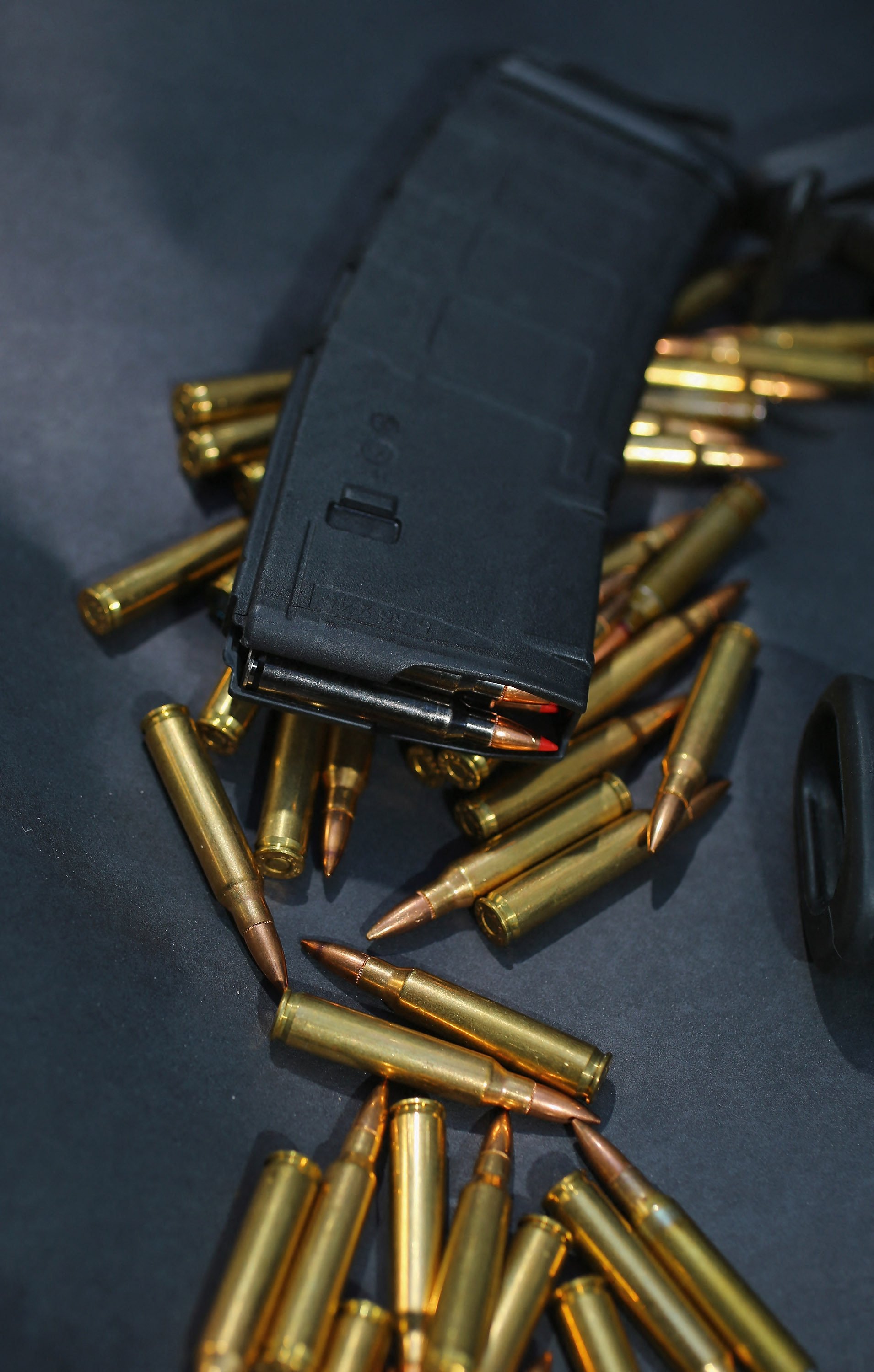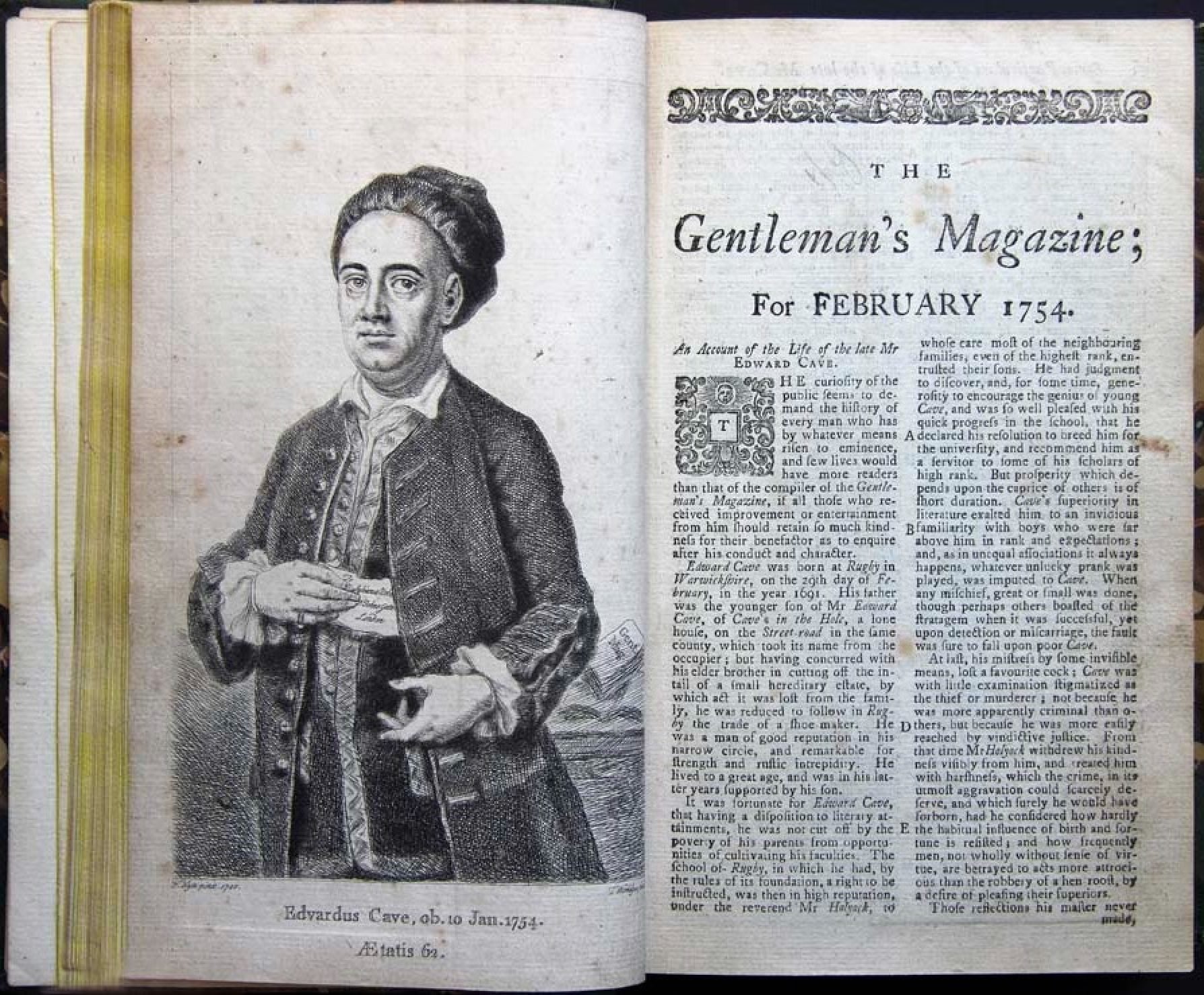Tech
Opinion | Where the word magazine comes from, and how its meaning evolved

A Sunday pleasure for many of you, dear readers, surely involves a leisurely perusal of this magazine – turning the pages of the physical copy at your breakfast table, or, still in bed, scrolling through online.
If your household happens to include a teen boy, their weekend may be magazine-strewn, too – feeding ammo into their firearms in online shooting games.
The origins of “magazine” at first glance appear quite different from either of those definitions – tracing to the Arabic, makhzan “storehouse, granary”, with plural makhāzin, from the root khazana “to store up”.
The language contact responsible harks back to the early Islamic conquests, and its spread and influence of Arabic culture and language across Europe, Africa and Asia, particularly during the Islamic golden age of the 10th to the 14th centuries.
The earliest known records of makhāzin in a European language are the Latin magazenum “storeroom” in 1228 at the seaport of Marseilles, and the Italian magazzino, recorded from 1348.
Meanwhile, in the Muslim-ruled Iberian Peninsula, the Andalusian Arabic al-makhzan entered Spanish as almacén. The Italian magazzino was the source of the 15th century French magasin “warehouse, depot, store”.
From there the word entered English, documented in 1451; this original sense in English is now obsolete.
By the end of the 1500s, the meaning of “magazine” narrowed to refer to a building, room or compartment (for example, of a ship) for the storage of arms, ammunition, explosives or other military provisions.
Much later, from 1868, the military storage dimension of “magazine” further specialised into the contemporary reference to a detachable receptacle containing cartridges fed automatically in a repeating rifle or machine gun.
Meanwhile, it was a matter of time before the word, from the 1600s, was used figuratively, to suggest a store or repertoire – of resources, ideas, rhetorical weapons.

Such a meaning developed specificity, referring for a while to books providing information on specified subjects or for specified groups, such as The Mariners’ Magazine.
Periodically published collections of material curated to appeal to particular interests were from the 1600s known as periodicals.
Their designation as magazines was first made by British publisher Edward Cave in 1731 with The Gentleman’s Magazine – a “Monthly Collection, to treasure up, as in a Magazine, the most remarkable Pieces on the Subjects above-mentioned, or at least impartial Abridgements thereof”.

This moniker – contrasting with book publishing – was embraced.
From next month this column will no longer be part of Post Magazine’s store, but will continue to offer its repertoire of contemplations on language elsewhere – so do keep Language Matters part of your lifestyle.










